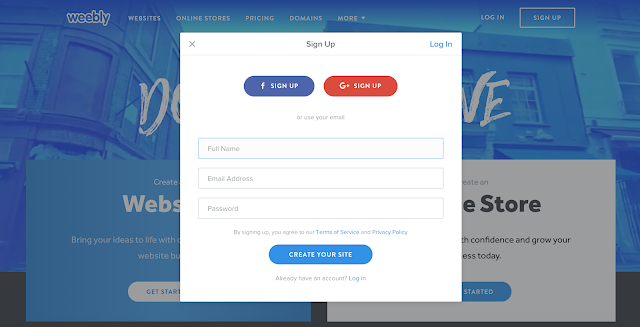Technology/PLN
Although this course is not a science course, we were given the assignment to do our research on electrical circuits. Our class was unlike any class we had before, as we were given the assignment with a partner to create a circuit with a Makey Makey board and some other tools we could have used, like a banana, play doh, aluminum foil, sliced celery, and a banana. With the board and the alligator clips inside, the variety of other items the class brought, we needed to figure out a way to play and move frogger in each direction, without physically touching the Makey Makey board.
What worked for us was the trial and error approach, obviously. With previous knowledge from research, and Chris being a computer science major, those factors benefitted us while trying to figure this task out. Listening to other groups and seeing what went wrong with their attempts also benefitted us, sparking more ideas in our heads of what we should try. We did try to use celery and lead wires at some point, which didn't work out too well for us, but that is part of the trial and error process. As the class went on, we all were bouncing ideas off of each other, until Chris figured out how to control frogger without touching the Makey Makey board. We couldn't figure out how to ground the circuit without physically touching the circuit board. Again, after bouncing ideas off of each other and talking to our professor, we realized a person acts as both a conductor for electricity and can ground the circuit. The last alligator clip had to be on a shirt or clipped to someone in order to ground the circuit and complete it.
On a different note, on my personal learning network, I shared an article that is probably relevant to many people's lives, considering there are over 2.13 billion active Facebook users, as of 2018. You may want to know, Facebook has crossed the creepy line and can't go back. Facebook says its mission is to “give people the power to build community and bring the world closer together.” That’s a great thing to say on an investor page, but it leaves a lingering question: Okay, but then what? Facebook built a business by collecting and selling our information to advertisers. Did you ever notice you would look up something on your phone, maybe something on Amazon and advertisements would pop up for it on Facebook? Creepy right? Now that the business side of it has shown to have done harm to users privacy, Facebook has 'promised' to be less creepy about collecting our personal information. But honestly Zuckerberg and Facebook, it's too late to be less creepy. As the article says: "How do you become less creepy, when the creepiness is baked in?" Mark Zuckerberg, CEO of Facebook, doesn't understand the question, so he says. That is probably because he is blindsided by all of the money he is bringing in from the advertisers he is working with, nor does he probably care if it is creepy. The world is a business and money hungry place, I mean that is what drives this country it seems in this day and age.
The article goes on to compare this blunder to other past blunders of Google, such as the time former Google CEO and chair Eric Schmidt said eight years ago that company policy "is to get right up to the creepy line and not to cross it." Schmidt's comment did not go over well. This was one of technology's biggest privacy scandals at the time, from early concerns that the company was extracting "enormous amounts of data about people" to the rollout of its Street View mapping product, which made the exterior of many houses available for anyone to see.
Google managed to recover from these mishaps, but they did so in a tactical way, by drawing our attention back to selling us the good in the world. Google has been able to recover from these blunders and mishaps because they have articulated their mission, which is "To organize the world's information and make it universally accessible and useful." Unlike Google, Facebook has not articulated what that mission might hope to achieve. Facebook hopes "To give people the power to build community and bring the world closer together,” but still leaves the question: Okay, but then what? Facebook users are starting to ask questions, yet are met with silence, which feels creepy. Will the silence be broken?



Comments
Post a Comment